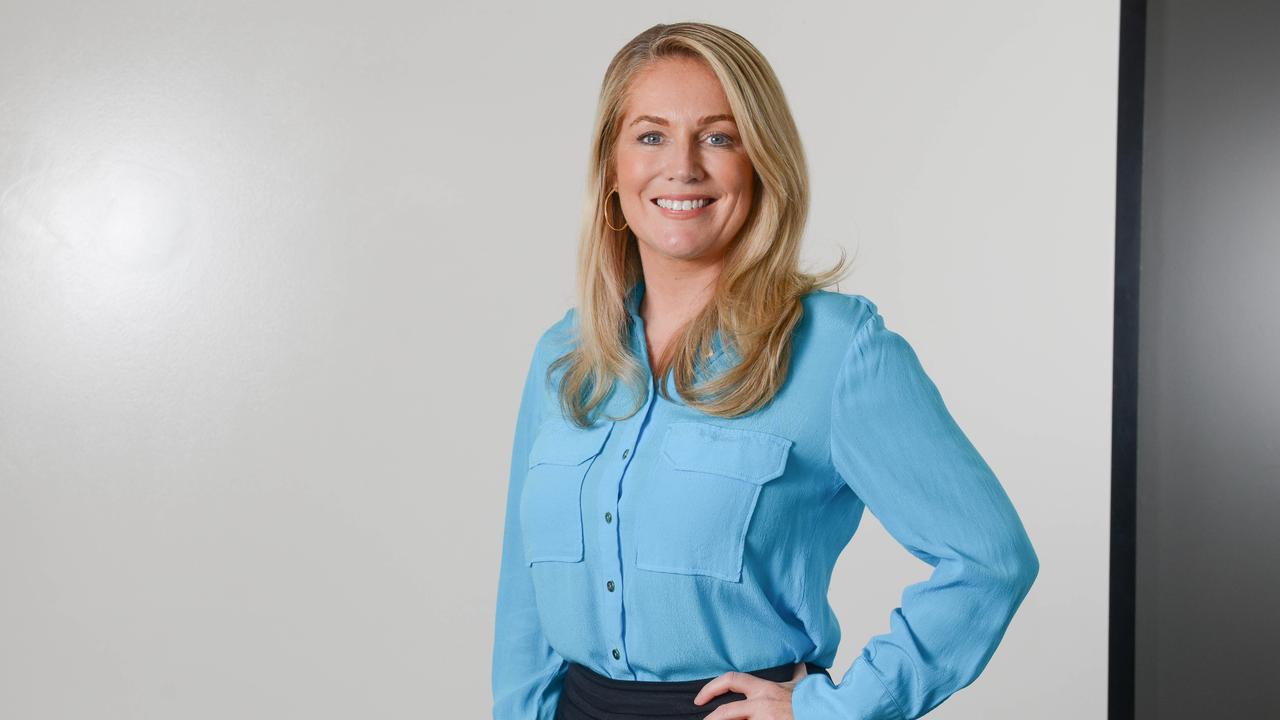Cost of living crisis: what to do if you cannot pay your bills
As the squeeze on Australians’ personal finances tightens, experts share ways to deal with bills you cannot afford.
Strains on household finances are getting stronger as costs climb at the fastest pace in decades, leaving more Australians unable to pay their bills.
As insolvency firms warn of a rising wave of bankruptcies, their message for consumers is clear: do not bury your head in the sand.
National insolvency firm Jirsch Sutherland this week warned that a “perfect storm” was brewing in bankruptcies as interest rates continued to climb, while Oracle Insolvency Services experienced a “sharp” 20 per cent jump in bankruptcy inquiries in January.
There are many options to get help if your finances are on the brink.
The federal government’s moneysmart.gov.au website has detailed advice for people with problems paying bills, and links to free help through financial counsellors, community legal centres and government agencies that may offer rebates.
Free counselling and advice is available on the National Debt Helpline by calling 1800 007 007.
THE FIRST STEP
If you cannot afford your bills, step one is to understand where your money is coming from and where it is going, says MyBudget director Tammy Barton.
A detailed budget delivers visibility, and free templates are available, she says.
“Prioritise your expenses – identify which bills are essential and must be paid first, such as your mortgage or rent, utilities, food, and petrol,” Barton says.
“Reach out to creditors: Explain your financial situation and see if they can offer a payment plan or extend a due date.
“There are various organisations and government programs that offer assistance to individuals who may be struggling with bill payment, from government assistance programs, financial counselling services to businesses like MyBudget.”

Barton says people should not be afraid to ask for assistance.
“Asking for financial help is a sign of strength as it leads to finding solutions and regaining control of your finances, which in turn relieves your financial stress,” she says.
“Remember to be honest and open with your creditor and seek support as soon as possible. With the right support and a clear plan, you will regain financial stability.”
Oracle Insolvency Services partner Yulia Petrenko says people are struggling under weight of rising interest rates and inflation, and “something has got to give”.
“We’re finding that people are running into trouble with making payments on credit card debt and buy now pay later schemes,” she says.
COMMUNICATION VITAL
“If you can’t pay your bills, one of the worst things you can do is ignore the problem and bury your head in the sand. Communication is the key. Work with the utility provider or bank to get an extension or negotiate a payment plan.”
Petrenko says financial hardship arrangements can be made to reduce payments or put them on hold.
“It is important to note that as of July last year hardship provisions have been recorded on a person’s credit file,” she says.
“While this doesn’t affect your credit score it does mean banks and utility providers can find this information out about you.”
Small loans from family members may help you through a short-term cashflow problem, while selling a home should be a last resort to settle debts, Petrenko says.
“If debts are unmanageable, a debt agreement – if you meet certain thresholds – or personal insolvency agreement is a formal way you can negotiate with your creditors by making them an offer to pay part of the money owed to settle your debts, to avoid bankruptcy,” she says.
“You do have to act early to utilise these processes, which is why it is vital to seek professional help before it’s too late.”

PROBLEMS PAYING?
Rent: Talk to your landlord or property manager and ask about reducing or deferring payments for 30 days.
Mortgage: All lenders have financial hardship teams to help customers, and may be able to vary your loan to reduce repayments. The Financial Rights Legal Centre has a hardship variation letter template that may help.
Utilities bills: Contact your service provider immediately to examine options such as extensions, paying in instalments, rebates and vouchers.
Insurance: Contact your insurer straight away to explain the situation. Options may include setting up a payment plan or temporarily altering premiums.
Council rates: Ask your council about options such as payment deferrals, instalments, writing of overdue penalties and reducing rates if rising land values caused you financial hardship.
Fines: Contact your state debt recovery agency quickly to discuss options to avoid having your licence or registration suspended or court action.
Source: Moneysmart.gov.au
Originally published as Cost of living crisis: what to do if you cannot pay your bills





